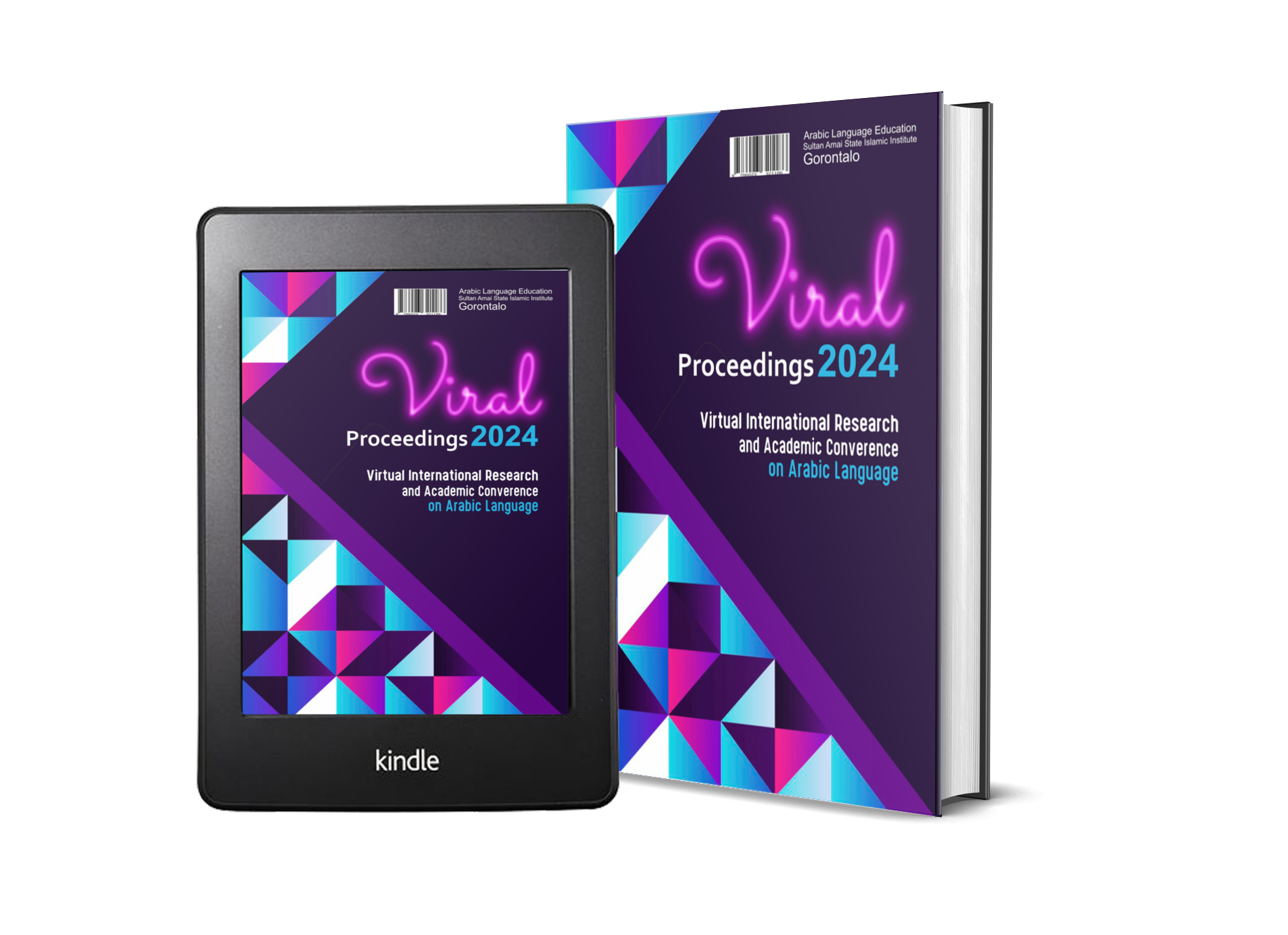Enhancing Arabic Language Education: Evaluating the Influence of Technology in Higher Learning
Abstract
The rapid advancement of technology has significantly influenced the methods and effectiveness of Arabic language education in higher learning institutions. This paper evaluates the various ways technology enhances the learning experience for Arabic language students. Through an analysis of quantitative data gathered from student performance metrics and qualitative feedback from instructors, the study assesses the impact of digital resources, such as online dictionaries, e-books, and interactive language games, on language acquisition. The results indicate a positive correlation between the use of technology and improved language skills, highlighting how digital tools can facilitate vocabulary retention, grammar comprehension, and conversational fluency. Furthermore, the paper explores the role of technology in fostering a more personalized learning experience, allowing students to learn at their own pace and access tailored resources. However, the research also addresses challenges, including the potential for distraction and the need for balanced integration of technology within traditional teaching frameworks. By providing recommendations for educators and curriculum designers, this study aims to enhance the pedagogical approaches utilized in Arabic language education and promote a more effective learning environment that leverages technology's capabilities.







